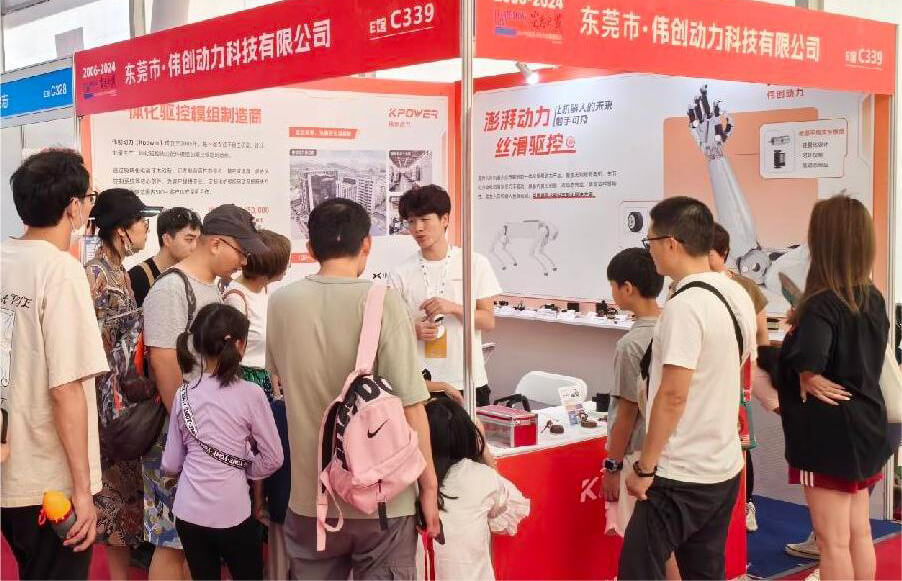Imagine you're pushing a toy car with a little motor inside. Now, think bigger, more precise—like the motors that turn your CNC machines or robotic arms. That’s where an AC servo motor shines. It’s a game-changer when it comes to precision movement and control. No wonder people turn to these motors for complex tasks that demand accuracy and reliability.

So, how does it work? It’s like a dance between current and magnetic fields. The core idea is that an AC voltage drives the motor, creating a magnetic field that causes the rotor to turn. But here’s the clever part: it doesn’t just spin aimlessly. It’s synchronized with the input signal, which means it responds instantly to changes. That’s what gives it that impressive accuracy—no lag, no hesitation.
Picture this: when you need a robotic arm to pick up a tiny screw and place it down perfectly, this motor’s swift feedback system kicks in. Sensors constantly check where the rotor is, compare it to the target position, and adjust on the fly. It’s almost like a nervous system, constantly fine-tuning the movement. This feedback loop, often realized through encoders, is what makes AC servo motors suited for tasks requiring exact positioning.
Ever wondered why these motors don’t just move with brute force? It’s all about finesse. When operating, the torque is proportional to the current supplied, but unlike traditional motors, the servo system adjusts that current dynamically. That means smoother starts, stops, and transitions. For example, in a precise 3D printer, you'd hardly notice the motor as it moves layer by layer; it just glides ice-smooth along its path.
Now, here's a quick question: isn’t it kind of amazing how it can hold its position without slipping, even if the load shifts? That’s the magic of a closed-loop control system. It constantly checks and corrects, maintaining position and speed with remarkable accuracy. No more wobbling or overshoot. It’s like having a mini gymnast balancing perfectly.
The advantages are clear—superior precision, quick response times, high torque at low speeds, and energy efficiency. Not to mention longevity, because these motors are built for continuous operation, with protective features shielding them from overloads or overheating. This reliability means fewer surprises on the line, and that’s a huge plus for complex automation setups.
In essence, an AC servo motor is more than just a motor; it’s a sophisticated control system wrapped around a powerful core. Whether you’re aiming for ultra-fine machining, precise automation, or robotic movements that seem almost human, these motors deliver. The intricate dance of electromagnetic principles combined with modern electronics turns them into the real workhorses of precision engineering.
So, when your next project demands accuracy and reliability, think about how an AC servo motor can elevate your setup. It's not just a piece of machinery—it's a partner in achieving perfection.
Established in 2005, Kpower has been dedicated to a professional compact motion unit manufacturer, headquartered in Dongguan, Guangdong Province, China. Leveraging innovations in modular drive technology, Kpower integrates high-performance motors, precision reducers, and multi-protocol control systems to provide efficient and customized smart drive system solutions. Kpower has delivered professional drive system solutions to over 500 enterprise clients globally with products covering various fields such as Smart Home Systems, Automatic Electronics, Robotics, Precision Agriculture, Drones, and Industrial Automation.




































